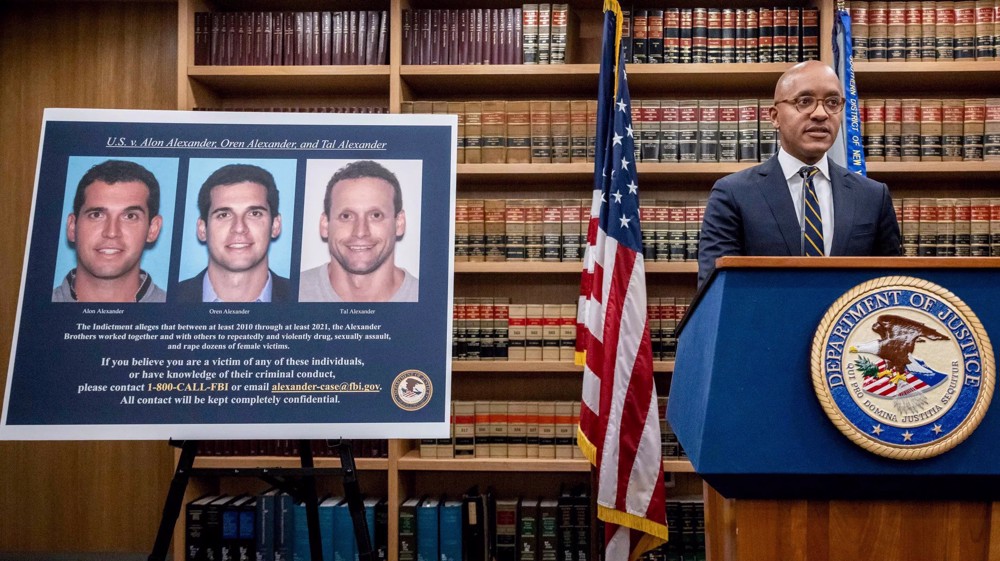Thousands at risk in US as Hurricane Dorian looms
Hurricane Dorian intensified into a dangerous category 5 storm as it approached the Bahamas on Sunday, expected to pound the islands with up to two days of torrential rain, high waves and damaging winds before taking aim at the US mainland.
Bahamas Prime Minister Hubert Minnis begged residents of Abaco and Grand Bahamas to head for the main island to escape the "devastating, dangerous" storm.
"I want you to remember: homes, houses, structures can be replaced. Lives cannot be replaced," he told a news conference on Saturday, adding that 73,000 people and 21,000 homes were at risk to storm surges, which are predicted to reach up to 20 feet (6.1 meters).
The Miami-based National Hurricane Center (NHC) said Dorian had maximum sustained winds of 160 miles per hour (260 km per hour) early on Sunday and was about 35 miles (55 km) east of Abaco.
After churning over the Bahamas, it is expected to veer northwest toward Florida, with the NHC raising its alert on Sunday for parts of the state's east coast to a tropical storm warning.
While not expected to strike Florida, the NHC said "a Florida landfall is still a distinct possibility."
Communities further north in Georgia and South Carolina raised alert levels on Saturday, with residents filling sandbags as authorities tested infrastructure and hurricane drills.
Despite Dorian appearing to spare the United States a direct impact, the NHC warned the Category 5 storm on the five-step Saffir-Simpson Wind Scale would lash millions from Florida to the Carolinas with strong winds and punishing surf.
Most tourists who planned to leave the Bahamas got out before the main airport closed on Friday night.
Jeffrey Simmons, the deputy director of Bahamas' department of meteorology, said Dorian will cause prolonged periods of large swells and storm surges along the north coast of Grand Bahama and the north and east coast of Abaco.
Potential damage to the Bahamas from Dorian could be exacerbated by the fact that its westward motion is forecast to slow, keeping it over the islands for longer, the Bahamas National Emergency Management Agency said in a statement.
Grand Bahama and Abaco are hubs of the Bahamas' thriving tourism industry. But after days of evacuations only 26 tourists are left on Grand Bahama, authorities said on Saturday.
"We have been for the last few days asking all tourists to leave the island in anticipation of the hurricane," said Kwasi Thompson, minister of state for Grand Bahama.
Meanwhile, a new tropical storm has formed southwest of Mexico and is expected to become a hurricane on Monday. Tropical Storm Juliette is 455 miles (735 km) from Manzanillo, Mexico, with maximum sustained winds of 45 mph (75 kph), the NHC said on Sunday.
(Source: Reuters)
Israeli aggression against Gaza hospitals ‘flagrant violation’
More pro-Gaza rallies held across Yemen
'Hunger is everywhere in Gaza': UN food agency
Iran dismisses Arab League accusations, says wants stability in Syria
Syria's HTS militants seek ‘peace’ with Israel
VIDEO | Israel violations of ceasefire
Hamas: Israel’s raid on Kamal Adwan Hospital ‘war crime’
VIDEO | TELECOM 2024 brings together ICT firms in Iran











 This makes it easy to access the Press TV website
This makes it easy to access the Press TV website